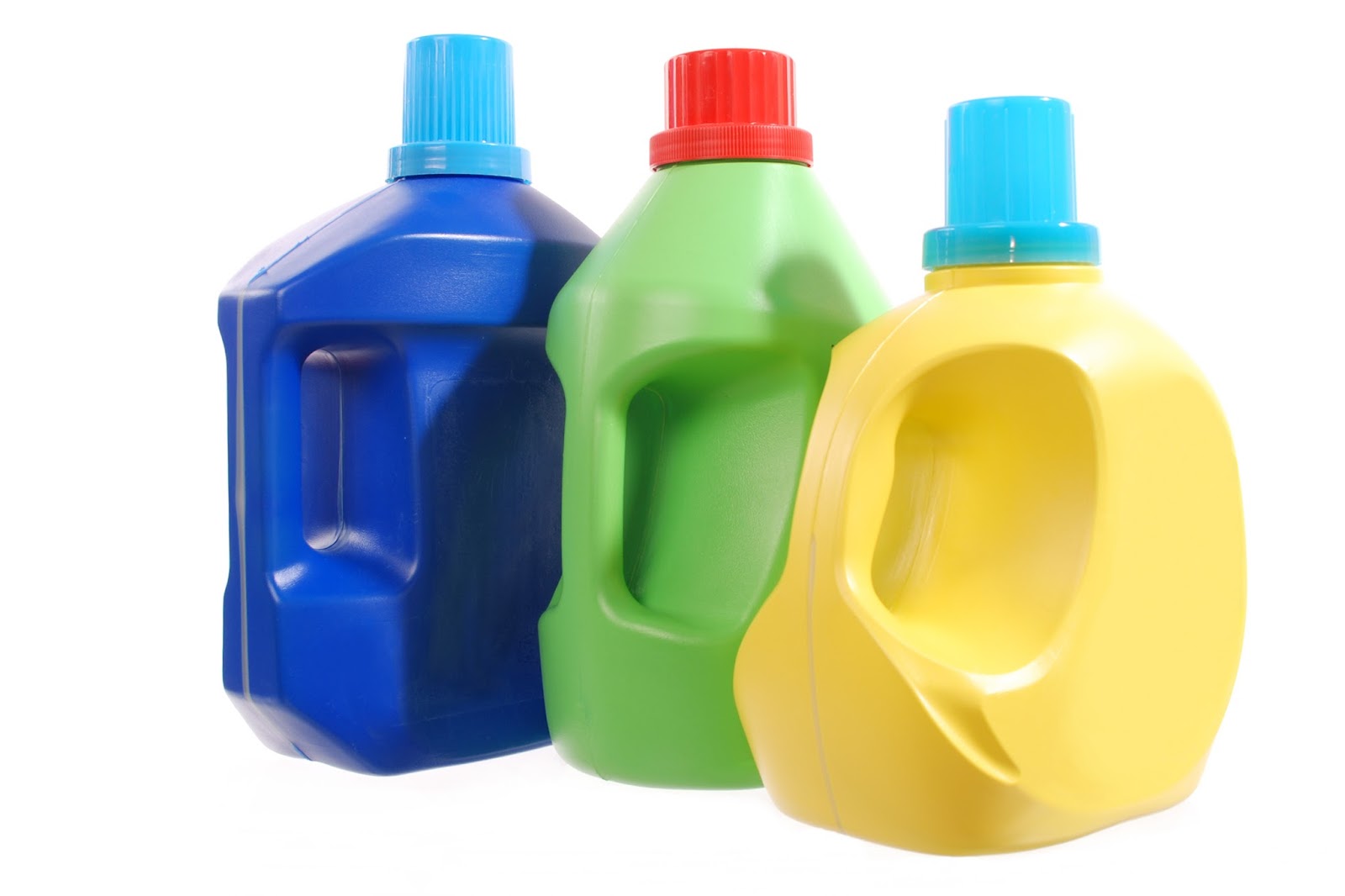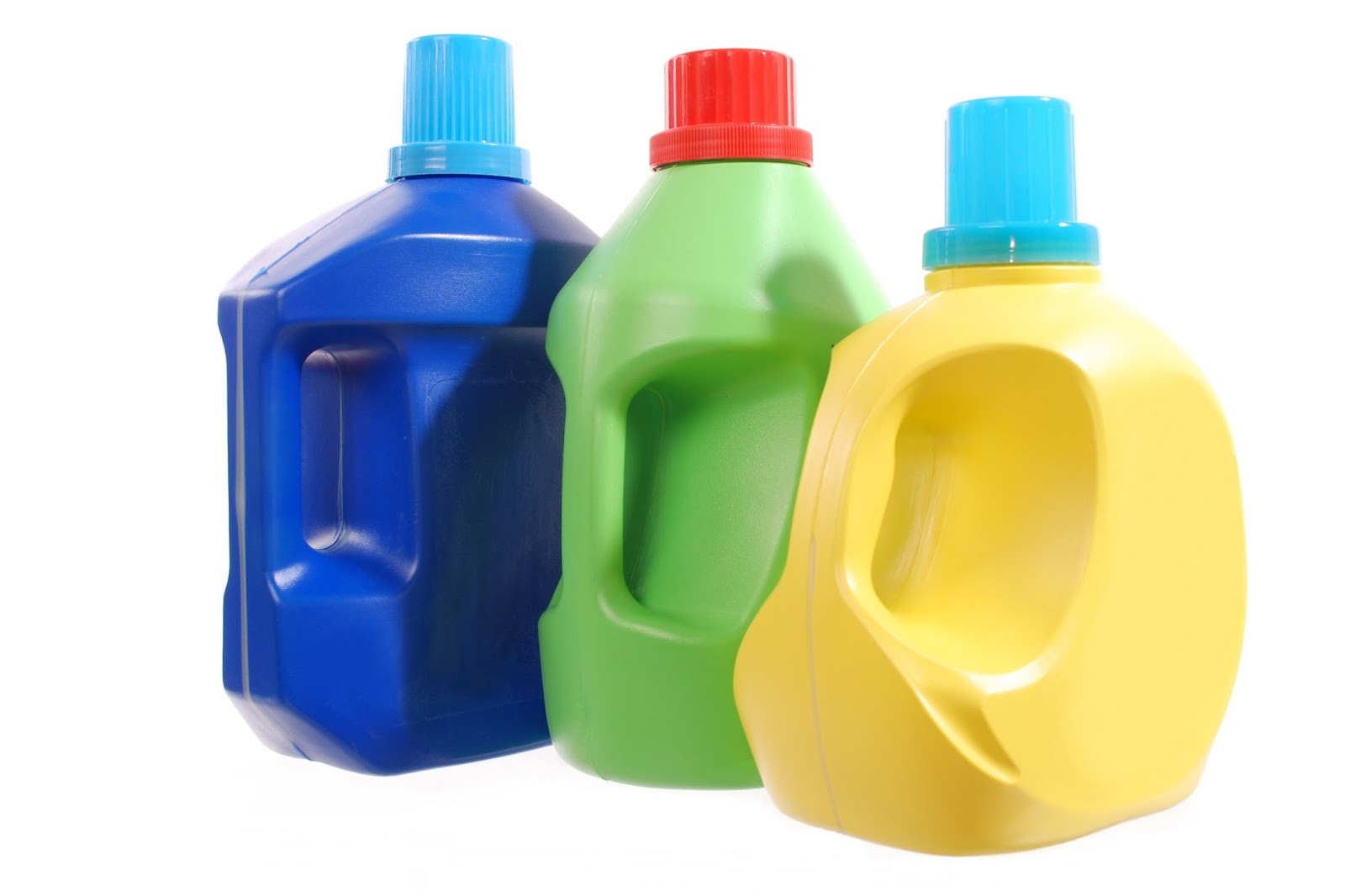Have you ever wondered what happens to your plastic laundry detergent bottles once you’re done with them? Are they recyclable, or do they end up in landfills, clogging up the environment? The answer may surprise you.
Plastic laundry detergent bottles are, in fact, recyclable. But there’s a catch. Not all recycling facilities accept them, and even those that do may have specific requirements for how they need to be prepared. In this article, we’ll explore the ins and outs of recycling plastic laundry detergent bottles, so you can do your part for the environment and make sure your empties don’t go to waste.
Yes, most plastic laundry detergent bottles are recyclable. However, it is important to check with your local recycling facility to see what types of plastic they accept. Additionally, be sure to rinse out the bottle and remove any caps or pumps before recycling to ensure the container can be properly processed.

Are Plastic Laundry Detergent Bottles Recyclable?
Laundry detergent is a staple in every household, but have you ever wondered what happens to the plastic bottle once you’ve used up all the detergent? Can it be recycled? In this article, we’ll explore whether plastic laundry detergent bottles are recyclable and what you can do to help reduce waste.
Types of Plastic Used in Laundry Detergent Bottles
Plastic laundry detergent bottles are typically made from either high-density polyethylene (HDPE) or polyethylene terephthalate (PET). HDPE is a strong, durable plastic that is commonly used in milk jugs, shampoo bottles, and other household products. PET is a lightweight, clear plastic that is commonly used in soft drink and water bottles.
Both HDPE and PET are recyclable, but the recycling process for each plastic is different. HDPE can be recycled into a variety of products, including new detergent bottles. PET can be recycled into a variety of products as well, but it’s important to note that the recycling process for PET involves a lot of energy and resources.
Recycling Process for Plastic Laundry Detergent Bottles
The recycling process for plastic laundry detergent bottles starts with collection. Once collected, the bottles are sorted by type of plastic and color. They are then cleaned and shredded into small pieces. The shredded plastic is then melted down and formed into pellets.
These pellets can then be used to create new products, including new laundry detergent bottles. However, it’s important to note that not all recycling facilities are equipped to handle all types of plastic. It’s important to check with your local recycling facility to see what types of plastic they accept.
Benefits of Recycling Plastic Laundry Detergent Bottles
Recycling plastic laundry detergent bottles has numerous benefits. First and foremost, it helps reduce waste in landfills. It also conserves natural resources by reducing the need to extract new materials for new products. Recycling also saves energy and reduces greenhouse gas emissions by reducing the need to manufacture new products from scratch.
In addition to these environmental benefits, recycling can also create jobs and stimulate the economy. According to the EPA, recycling and reuse activities in the United States accounted for 757,000 jobs and $36.6 billion in wages in 2016 alone.
Alternatives to Plastic Laundry Detergent Bottles
While plastic laundry detergent bottles are recyclable, there are also alternative options available. One option is to switch to a detergent that comes in a cardboard box, such as Tide PODS Free & Gentle. These boxes are made from 100% recycled paper and are 100% recyclable.
Another option is to switch to a detergent that comes in a refillable container, such as Seventh Generation Liquid Laundry Detergent. These containers are made from recycled plastic and can be refilled with detergent pouches, which use 60% less plastic than a traditional bottle.
Conclusion
In conclusion, plastic laundry detergent bottles are recyclable, but it’s important to check with your local recycling facility to see what types of plastic they accept. Recycling plastic laundry detergent bottles has numerous benefits, including reducing waste in landfills and conserving natural resources. However, there are also alternative options available, such as cardboard boxes or refillable containers, that can help reduce waste even further. By making small changes in our shopping habits, we can all do our part to help reduce waste and protect the environment.
Frequently Asked Questions
Here are some common questions about the recyclability of plastic laundry detergent bottles.
Are plastic laundry detergent bottles recyclable?
Yes, most plastic laundry detergent bottles are recyclable. However, it’s important to check with your local recycling program to see if they accept plastic bottles. Some programs only accept certain types of plastic or have specific requirements for how the bottles should be prepared for recycling.
When recycling plastic laundry detergent bottles, it’s important to remove any remaining detergent and rinse the bottle thoroughly. Removing the label and cap is also recommended, as these can interfere with the recycling process.
What types of plastic are laundry detergent bottles made from?
Laundry detergent bottles are typically made from high-density polyethylene (HDPE) or polyethylene terephthalate (PET) plastic. HDPE is a sturdy plastic that is commonly used for milk jugs, while PET is used for soda bottles and other clear plastic containers.
Both HDPE and PET are recyclable, but it’s important to check with your local recycling program to see if they accept these types of plastic.
Can I recycle laundry detergent bottles with the cap still on?
It depends on your local recycling program. Some programs accept plastic bottles with the cap still on, while others require the cap to be removed. It’s important to check with your local program to see what their specific requirements are.
If your program requires you to remove the cap, it’s a good idea to separate the cap from the bottle and recycle them separately. Caps are often made from a different type of plastic than the bottle, and recycling them separately can help ensure that they are properly processed.
What can I do with laundry detergent bottles that can’t be recycled?
If your local recycling program doesn’t accept plastic laundry detergent bottles or you have bottles that are too damaged to be recycled, there are still ways to reuse or repurpose them. For example, you can use them as storage containers for household items or craft supplies, or cut them up to use as planters for your garden.
Before repurposing your laundry detergent bottles, be sure to clean them thoroughly and remove any remaining detergent.
Why is it important to recycle plastic laundry detergent bottles?
Recycling plastic laundry detergent bottles helps reduce the amount of plastic waste in landfills and oceans, and conserves natural resources by creating new products from recycled materials. By recycling your laundry detergent bottles, you’re also helping to reduce the amount of energy and resources needed to produce new plastic products.
In addition, recycling helps create jobs in the recycling and manufacturing industries, and can save municipalities money on waste disposal costs.
Reuse your laundry bottles in a creative way
In conclusion, it’s clear that plastic laundry detergent bottles are recyclable. However, the recycling process can differ depending on the type of plastic used to make the bottle. Some plastics are more easily recyclable than others, so it’s important to check the recycling guidelines in your area to ensure you’re recycling the bottle correctly.
By recycling plastic laundry detergent bottles, we can reduce the amount of plastic waste that ends up in landfills and ultimately protect our environment. It’s an easy and simple way to make a positive impact on our planet.
So, the next time you finish a bottle of laundry detergent, remember to check the recycling guidelines in your area and recycle the bottle properly. By doing so, you’ll be doing your part to help create a cleaner, healthier planet for generations to come.

